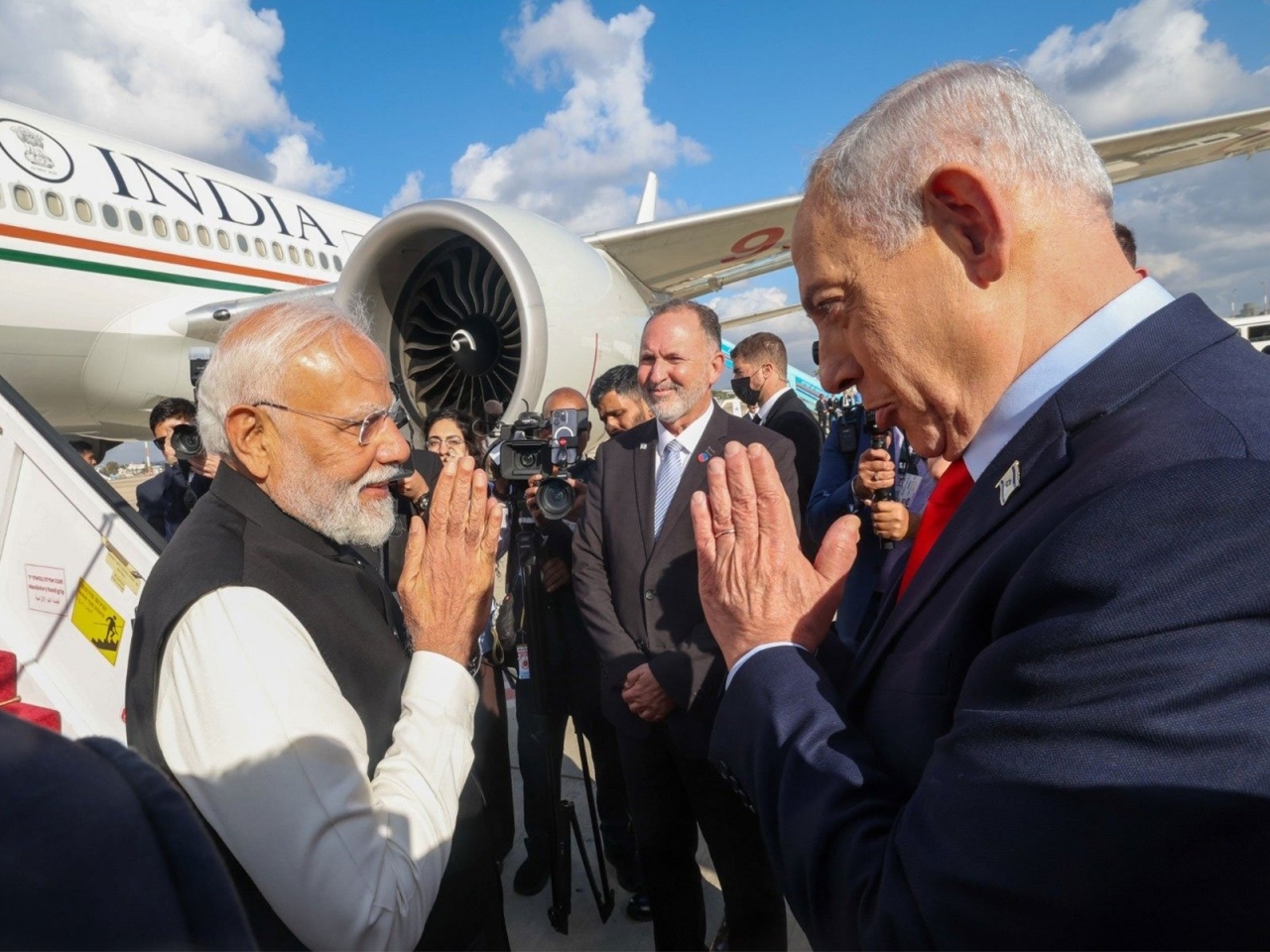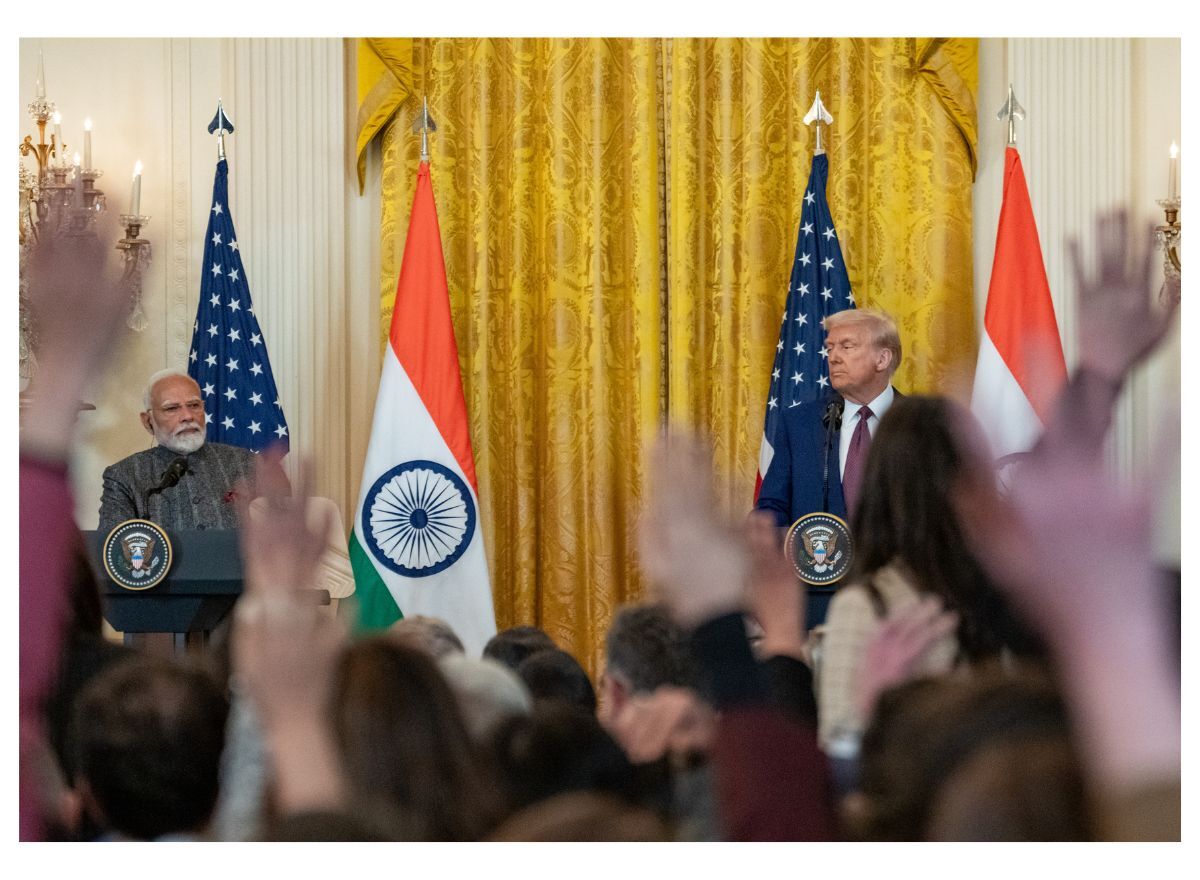The curious case of a state’s selective benevolence
Forbearance makes for good politics, especially in democracies where politicians have to be responsive to voter preferences.
8 August, 2022•7 min
0
8 August, 2022•7 min
0
Getting your Trinity Audio player ready...

Why read this story?
Editor's note: A fairly common occurrence in many of our daily lives is the trip to the local thelawala to buy something. Fruit, vegetables, chaat, momos, litti or paav bhaaji, socks, headphones or inflatable toys—there’s almost always an informal street vendor selling something nearby in urban India. Rarely do these vendors have any kind of formal paperwork or permissions allowing them to ply their trade (although efforts have been made towards licences in some states in the last decade). Yet, they continue to function, a natural part of India’s cityscape. However, from time to time we see upheaval in their environment. Municipality officers will come through market areas and destroy encroachments, local police will evict those who don’t have some kind of paperwork, street vendors will disappear before VIPs drive by, fruit carts will be upended and sent packing during curfews and lockdowns. Their precarious daily reality is largely dependent on the forbearance of a selectively benevolent state. At its simplest, forbearance is the act of being patient or refraining from enforcing a right or a law. The idea and practice of …
More in Chaos
Chaos
Netanyahu and Trump’s war on Iran leaves India counting the costs
India has much at stake in West Asia. It must step up and act like the leader of the Global South that it aspires to be.
You may also like
Economy
L&T chairman is right about labour availability, but not about its exact reasons
Last week, Larsen & Toubro chairman S. N. Subrahmanyan blamed welfare schemes for unavailability of labour. There are other factors in play too.
Business
Sitharaman’s conservative budget signals caution for all India watchers
Budget 2025-26 backs off from supporting the economy when it is badly needed, choosing instead to play to the gallery. What next for consumption?
Markets
What the Nestlé India chief meant when he said the middle class is shrinking
The middle income segment—the largest in terms of consumption—may not really be witnessing any reduction in size, but factors such as unemployment and inflation are sure contributing to a sharp dip in purchasing power.








